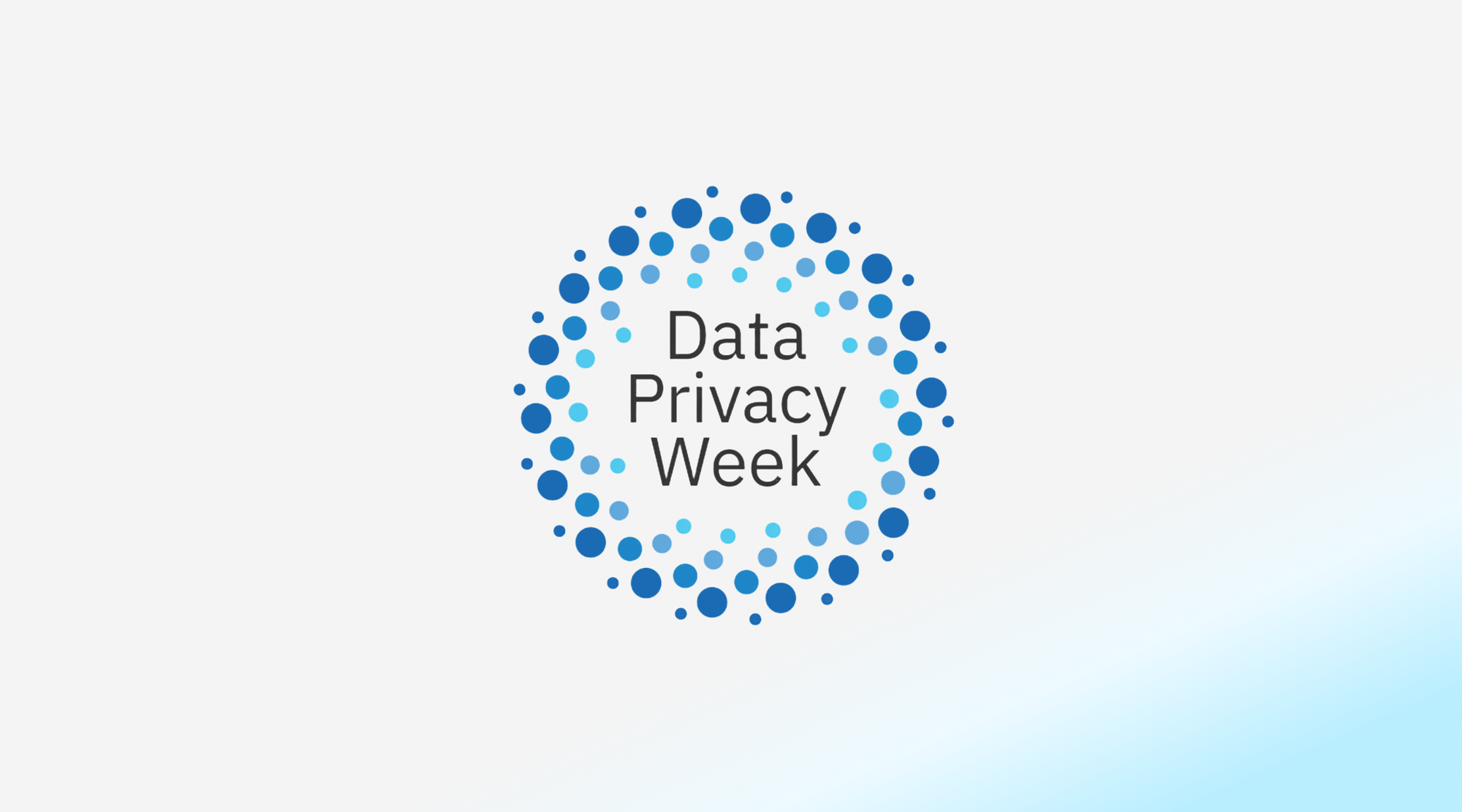Spread the word about secure collaboration this Data Privacy Week
Reclaiming our digital freedoms and data ownership is a collective effort. Help your friends and family learn about secure collaboration this Data Privacy Week.

Personal information is a valuable asset and Data Privacy Week, taking place from January 22nd-27th, is an important reminder of this. This year’s theme is “Take control of your data” emphasizing that our actions generate valuable information that companies collect, control and can in some cases prevent us from accessing it.
But have you ever wondered how data ownership depends on your friends’ and colleagues’ online actions as much as yours?
Take control of your data, together
When it comes to collaboration or using online services, we, more often than not, find ourselves trading convenience for privacy. Colleagues, friends and family who would like to help us in daily tasks, or life long projects can inadvertently give away our data and here’s some examples:
- By storing details about our projects or, say, an upcoming business plan on compromised cloud services and collaboration apps, your friend can give away your data.
- By using unaudited AI services to transcribe meetings which might be prone to voice recognition, your colleague may risk exposing proprietary information to third-party analysis.
- By entering your email and contact information on travel or e-commerce sites that are susceptible to breaches, your partner can reveal your information.
This shifts the notion of data ownership from an individual obligation to a shared duty. While individually we can use encrypted services and 3rd parties, be selective about which websites we visit and maintain a strong security hygiene - if we do this together with others, the success of our efforts will increase by an order of magnitude.
Data ownership will become a systemic default rather than a nice to have. Or at least we certainly hope so and in the meantime, we’d like to suggest doing a data ownership deep dive into the apps you’re using.
Some examples include, periodically limiting app permissions (e.g. does a cloud storage provider really need to access my calling history?) and reviewing data storage and exportability options (e.g. if you’re unhappy with the way your information is handled, can you move all your files with ease).
🤍 In the spirit of collectively reclaiming data ownership, we’d like to humbly ask you to forward this short article to two or three people who might find it interesting or invite your friends and family to join Anytype.
